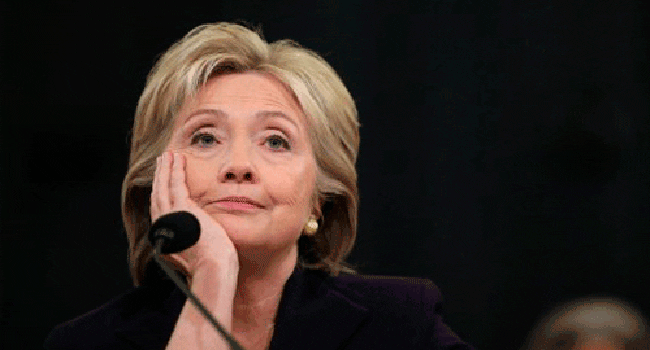 Crafting a political speech is a fine art. Many valiantly attempt to conquer the hearts and minds of an audience, but scant few succeed.
Crafting a political speech is a fine art. Many valiantly attempt to conquer the hearts and minds of an audience, but scant few succeed.
It’s not simple. The speechwriter has to take himself or herself out of the equation, and create stirring words, sentences and phrases in the voice of the intended orator. This often leads to verbal tug-of-wars, different sets of eyes (and pens) for drafts and enough revisions to sink the Titanic.
During the Republican and Democratic National Conventions, many speeches likely followed a similar formula. This isn’t to say Donald Trump and Hillary Clinton didn’t have small roles in their acceptance speeches, but their political fates were firmly in the hands of their professional writers.
Peggy Noonan, a Wall Street Journal columnist and former Ronald Reagan speechwriter, famously wrote in her book, What I Saw at the Revolution (1990), “A speech reminds us that words, like children, have the power to make dance the dullest beanbag of a heart.”
Did Trump and Clinton succeed in making those dull hearts dance a merry tune? Not really, but they tossed a few loose beans in their opponents’s general direction.
In fairness, there were some strong speeches at both conventions.
First Lady Michelle Obama was, arguably, the most successful headliner with a powerful and deeply personal oratory. U.S. President Barack Obama and former president Bill Clinton also made top-flight speeches for the Democrats. Ivanka Trump, Donald Trump Jr. and Milwaukee County Sheriff David A. Clarke Jr. stood out for the Republicans.
Other speeches fell flat. On the Democratic side, former New York City mayor Michael Bloomberg’s monotone voice and shrill commentary, and vice-presidential nominee Tim Kaine’s dull, uninspired comments and annoying habit of repeating many sentences, made for lousy appearances. On the Republican side, Dr. Ben Carson’s boring subject matter and slow-as-molasses speaking style, and retired Lt.-Gen. Michael Flynn’s stutter-step sentence structure and constant need to ad-lib (and badly, at that), were both difficult to digest.
Trump and Clinton’s speeches were far from the worst, and far from the best.
Their staff predictably added several modern speechwriting techniques, including folksy language, personal stories and punchy one-liners. While these elements strongly appeal to partisan audiences of grassroots supporters, they don’t always sell with the general public. The orator needs to be not only a political ideologue, but also a talented storyteller who knows how to engage an audience.
Putting ideology and content aside, Trump is a better orator than Clinton.
Trump tends to speak off the cuff, without notes, cue cards or a teleprompter. He’s able to control the speed and tempo of most of his political speeches. He can raise his voice to a crescendo in many of the appropriate spots. And, while he tends to go wildly off-message (although he didn’t during his acceptance speech), his unpredictable personality has entertained many people thus far.
Clinton, for all of her political experience, has never been an inspiring speaker. She speaks very slowly, in a monotone voice, and plods from sentence to sentence. She hasn’t mastered the technique of raising or lowering the inflection in her voice to capture an audience’s attention. She can’t spin a good yarn, and rarely seems believable when discussing personal issues such as her background and family.
Will this noticeable difference make or break November’s presidential election? Hardly. But if it turns out to be a close race, some of the intangibles, including Trump’s speaking style, will give him a small edge.
The sad reality? Hiring talented speechwriters to craft elegant prose is one thing, but the presentation of said prose is quite another. Clinton is a pale imitation of her husband at the podium and that’s why she’s getting out-Trumped.
Michael Taube, a Troy Media syndicated columnist and political commentator, was a speechwriter for former Prime Minister Stephen Harper. He holds a master’s degree in comparative politics from the London School of Economics.
The views, opinions and positions expressed by columnists and contributors are the author’s alone. They do not inherently or expressly reflect the views, opinions and/or positions of our publication.


